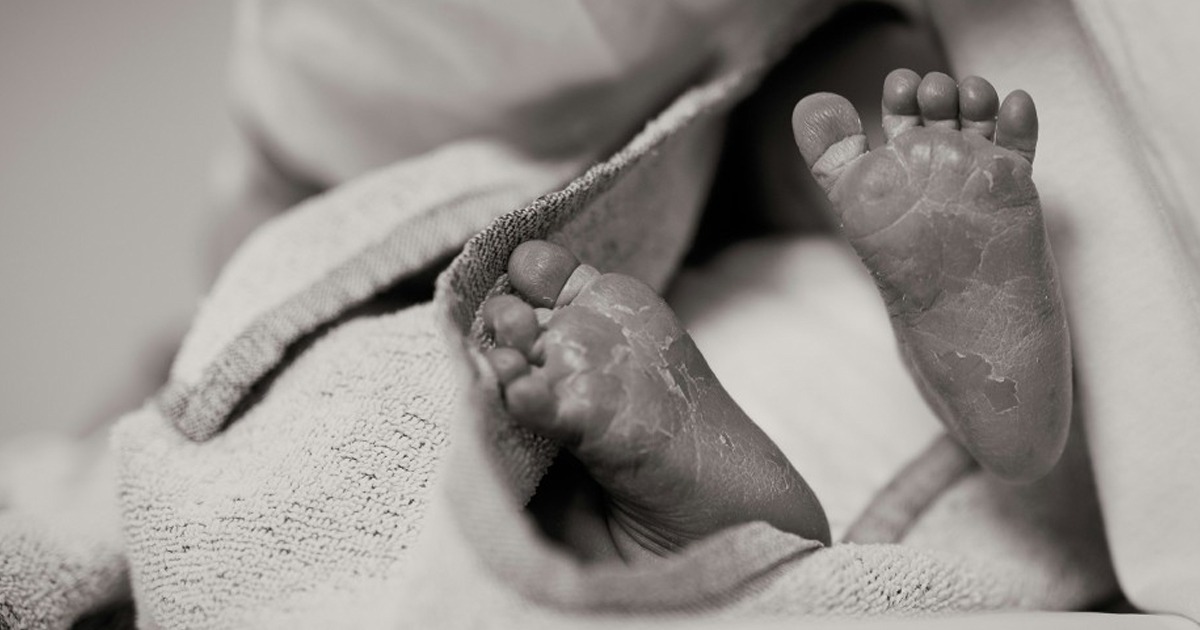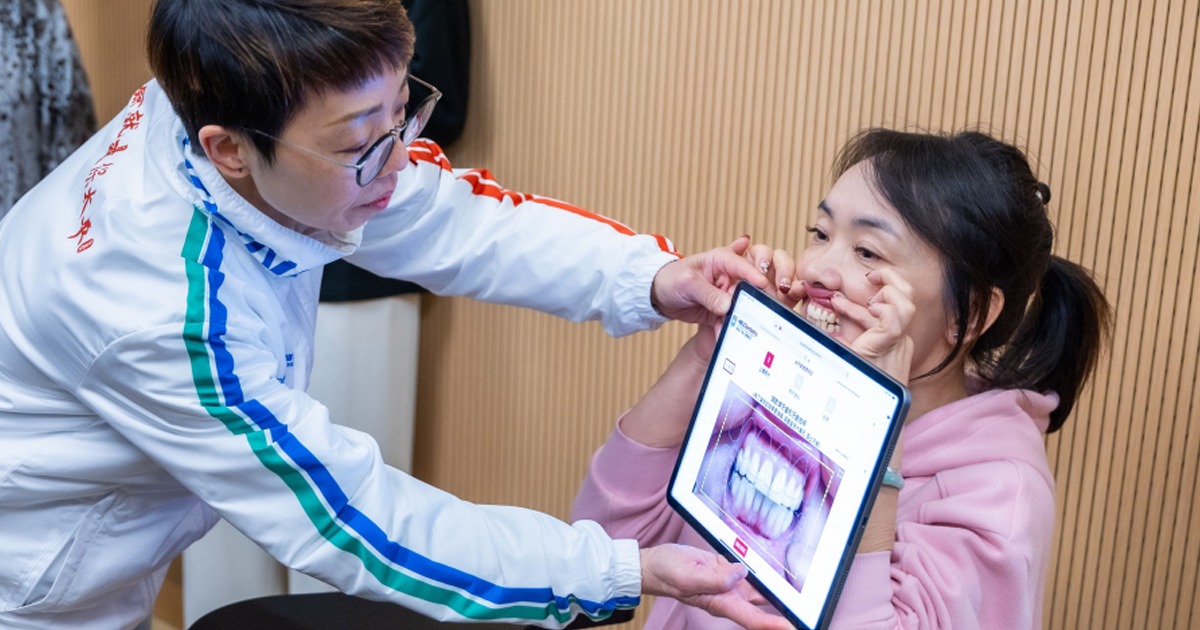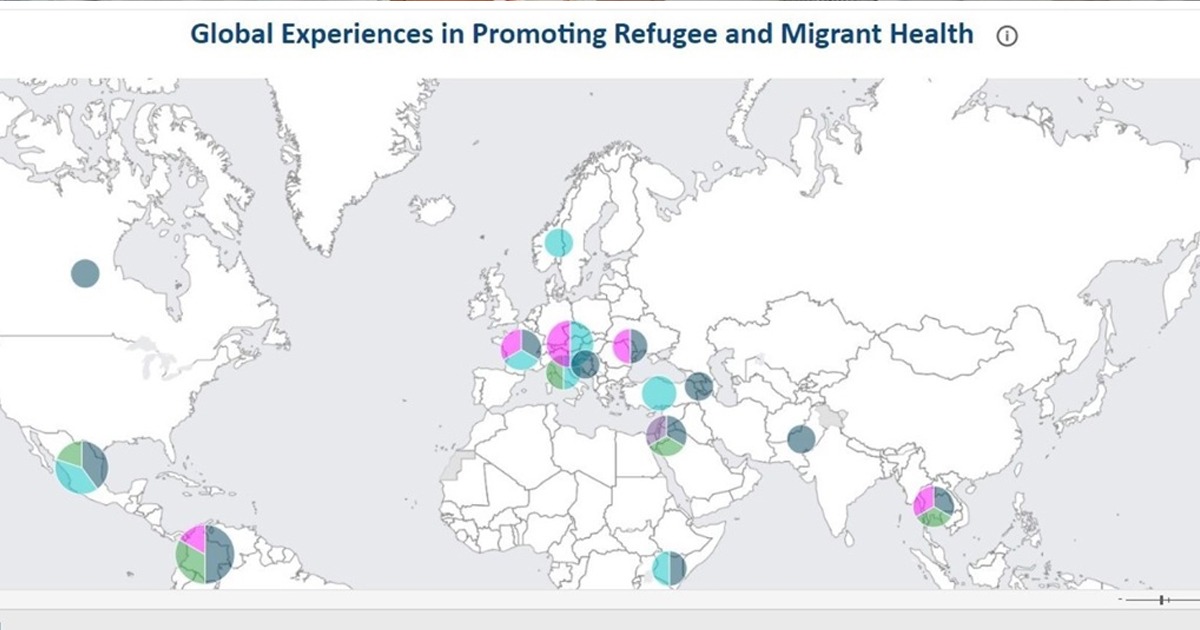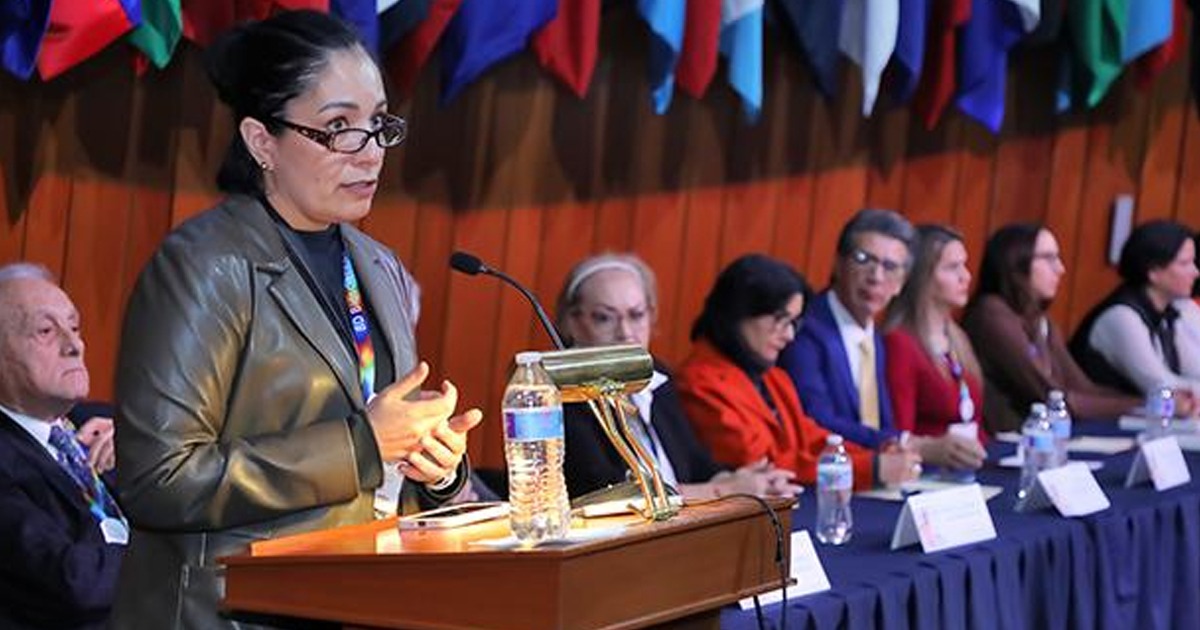A recent study was able to predict the probability of death in patients with coronary artery disease, thanks to the use of Artificial Intelligence (AI).
The study was presented in December 2021, at the EuroEcho 2021 congress, an event of the European Society of Cardiology (ESC). The study showed a more accurate forecast of patients with coronary artery disease dying within 10 years.
The study included information from images of the heart measured by cardiovascular magnetic resonance imaging (CMR) of stress, unlike methods where they are only based on clinical data. "This is the first study to show that machine learning with clinical parameters plus stress CMR can very accurately predict the risk of death," explained study author Theo Pezel, MD, of Johns Hopkins Hospital.
The findings showed that patients with chest pain, dyspnea, or risk factors for cardiovascular disease should undergo a stress CMR exam to calculate their score. This will allow professionals to provide more intense follow-up and advice on exercise, diet and other habits for people who require it.
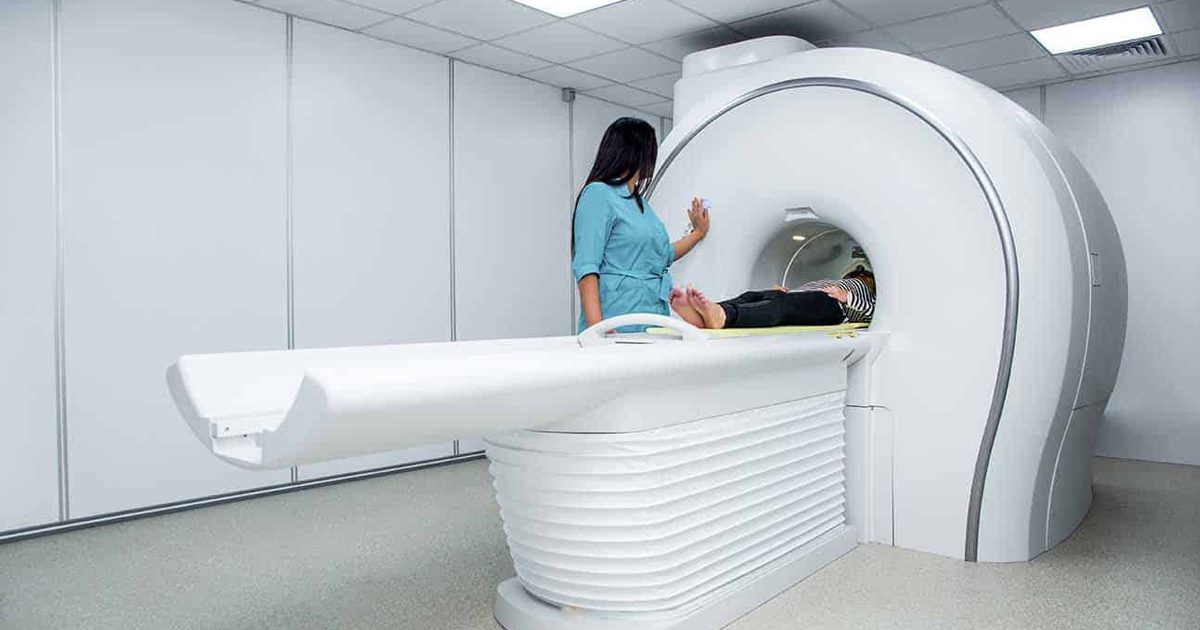
The study included information from 31,752 patients referred for stress CMR between 2008 and 2018, in Paris, France. The average age was 64 years and the 66% were men. Some symptoms included chest pain, shortness of breath with exercise, or risk of cardiovascular disease, but no symptoms. High risks were determined as hypertension, diabetes, dyslipidemia, and smoking. The patients were followed up for six years and the deaths were obtained from the French national death registry. In that period, 2,679 patients died, that is, 8.4%.
“Machine learning was carried out in two steps. First, it was used to select which of the clinical and CMR parameters could predict death and which could not. Second, machine learning was used to build an algorithm based on the important parameters identified in step one, assigning a different emphasis to each to create the best prediction. Patients were then given a score of 0 (low risk) to 10 (high risk) for the probability of death within 10 years.
Finally, Dr. Pezel explained that stress CMR is a technique that, in addition to not using radiation, allowed imaging information to be combined with clinical data in the algorithm, and that "it could be a useful tool to help prevent cardiovascular disease and cardiac death." sudden in patients with symptoms or cardiovascular risk factors”.

